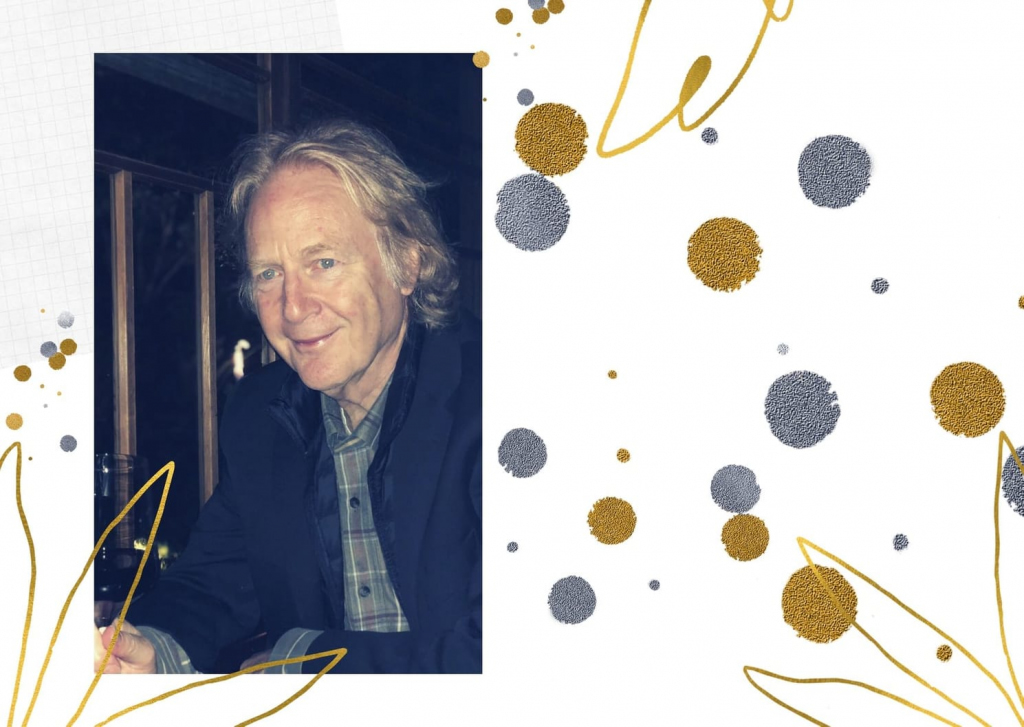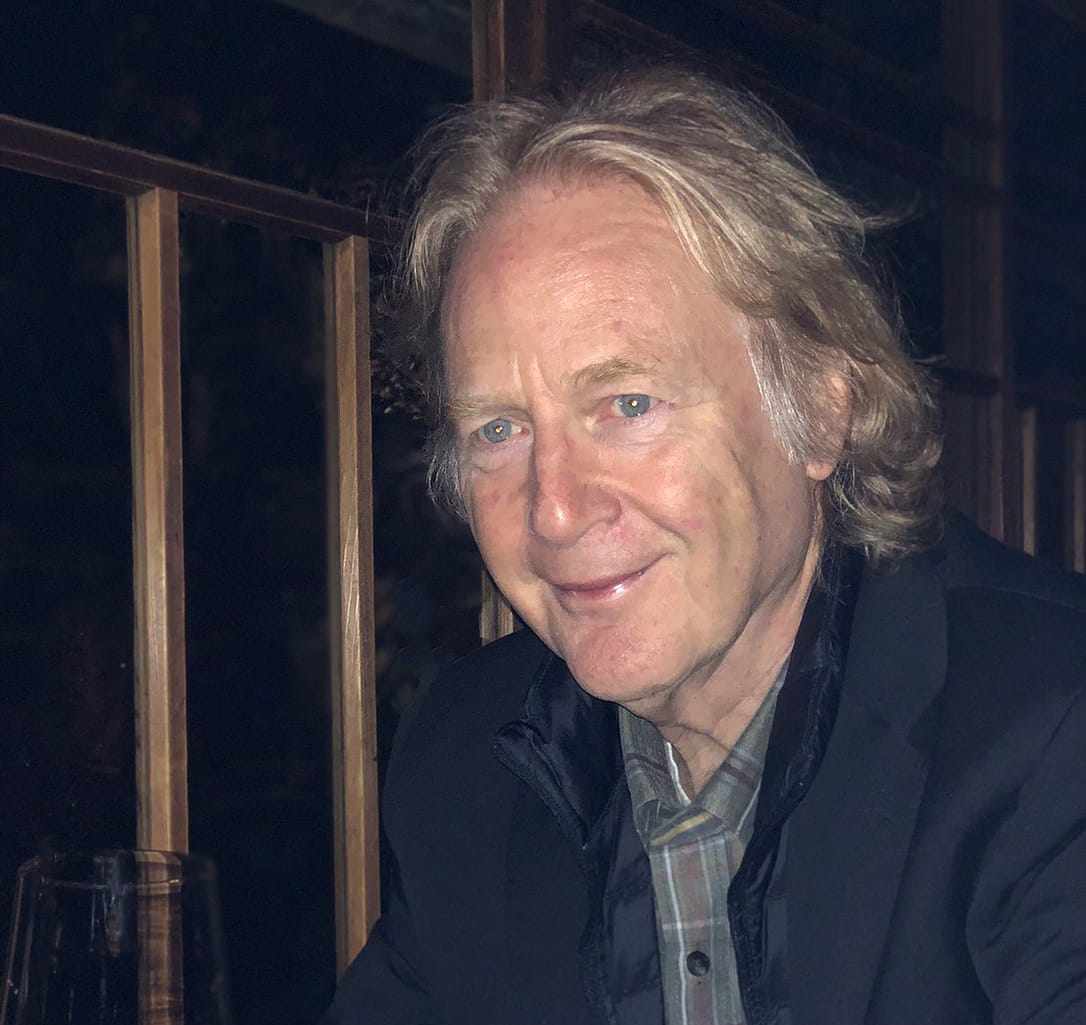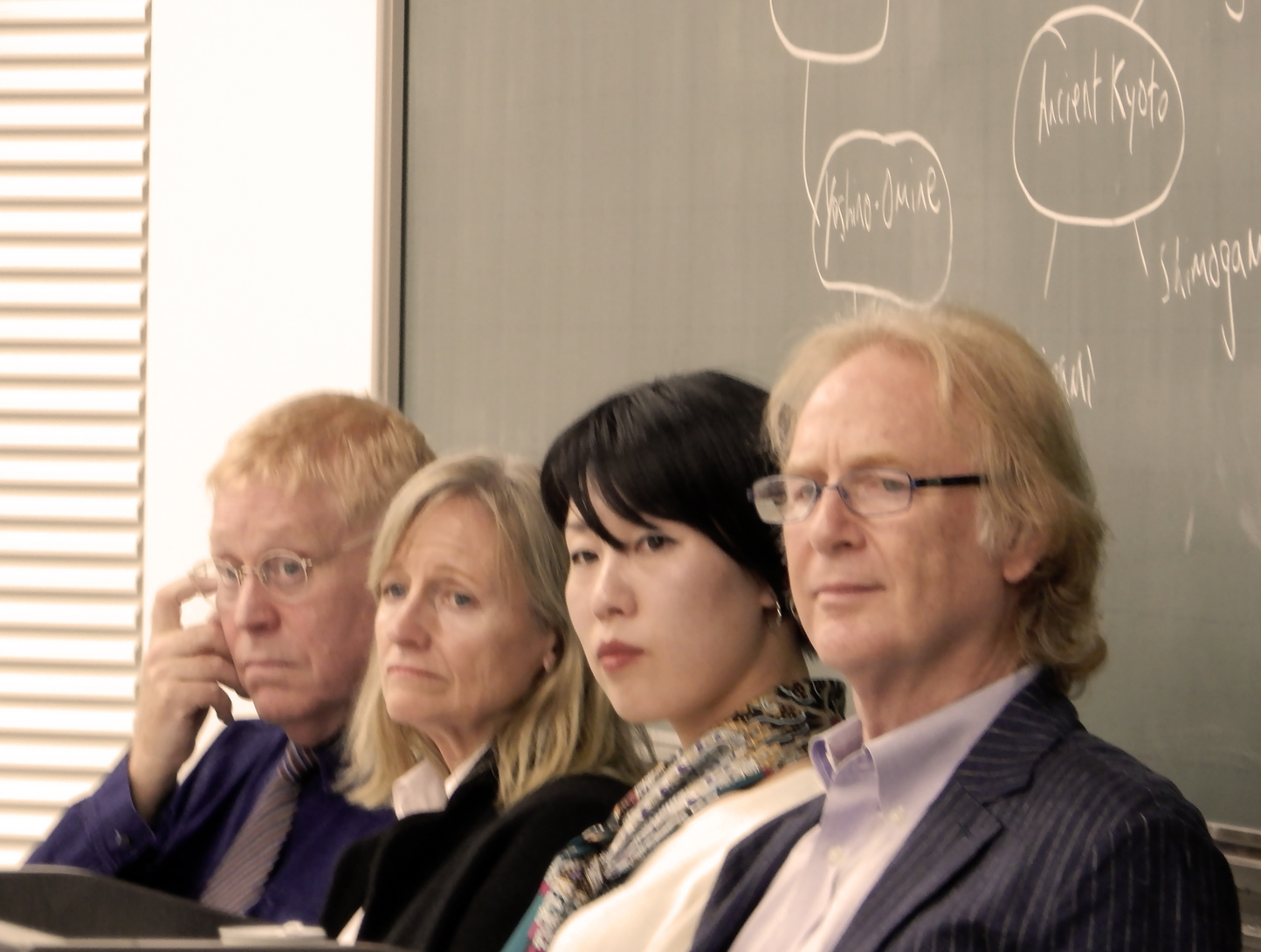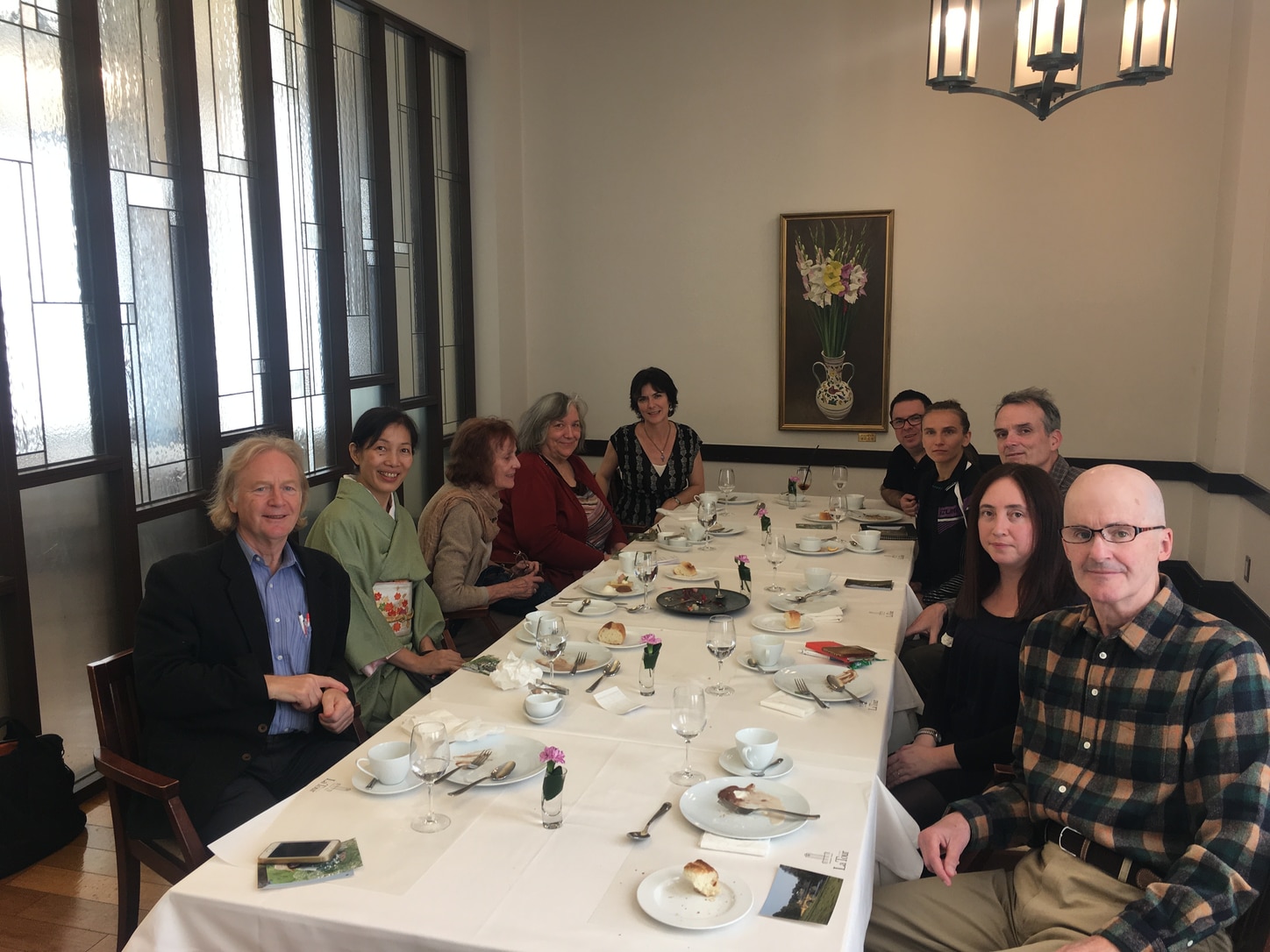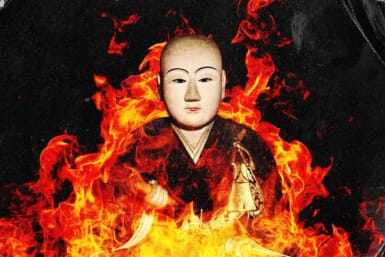A strong sense of history and the spirit of place naturally led author John Dougill to write historical guidebooks of Oxford while he lived there. Now in Kyoto, he is exploring the eternally fascinating city – and nation – through its history, spirituality and culture. Five years ago, he founded “Writers in Kyoto” to create a community for English-language writers.
Tokyo Weekender’s Kyoto-based writer Kirsty Kawano takes the lead in our new monthly interview series “10 Questions With” in the company of Dougill to hear more about why he chose Kyoto as his home, what inspires his writing and what he aims to achieve with the creation of the writers’ group.
1. What is your background?
I started life in the north of England, traveled around the world when young, taught for a while in the Middle East, then Oxford, married, divorced, and two years ago retired as a professor at Ryukoku University here in Kyoto. That, and writing some 25 books, comprises my life in a nutshell.
2. When and how did your relationship with Japan, and Kyoto, begin?
By the purest of chance. I was chatting to a secretary in a language school in Oxford when a woman came in to ask if anyone would be interested in a university job in Kanazawa with extremely attractive conditions. Six months later, I walked into the former Kanazawa Castle to start my new job. After a couple of years, I came to feel isolated and dreamt of landing a job in Kyoto. One day a letter arrived, saying my dream had come true. I’m still living the dream.
3. How have Japan and Kyoto influenced your writing?
Totally and utterly. Japan and Kyoto are endlessly fascinating. For a writer, it’s a goldmine that is never exhausted.
4. What keeps you here?
Donald Richie, who wrote the preface for my book on Kyoto, said that what kept him here was that every day brought a fresh surprise, culturally speaking. I have much the same feeling.
5. As well as guidebooks to Kyoto and Japan, you’ve written some about Oxford, where you lived as a teacher and as a student. What’s the appeal of writing guidebooks?
I have a strong sense of history and the spirit of place. There’s a friend of mine here in Kyoto who thrills to the touch of ancient bowls and saké cups for their connection to the past and the historical figures in whose hands they once nestled. I get the same buzz about old buildings and places with literary association.
6. Many of your books on Japan are related to religion. What do you find interesting about religion?
It’s indeed strange that I’ve written about Shinto, Zen, and Christians in Japan, yet I’m not religious at all. I consider myself a spiritual atheist, and as a writer, this allows me the freedom to see religion from a sympathetic but outside perspective. But what I’m really interested in is not the transcendental or salvationist striving, but the cultural implications. At the most basic level, there’s the difference between polytheistic and monotheistic societies. For me this explains a lot about Japan, including the tendency of Westerners to insist on being right while Japanese prefer vagueness or ambiguity. For monotheists the world is black and white, yes and no, but for polytheists it’s grey, or maybe…I could go on and write a whole book about the subject. Actually, I have!
7. You are the chairperson of “Writers in Kyoto.” How and why did the group come to be?
When I lived in the UK, I belonged to a group called Writers in Oxford. They put on social events, dinner talks, competitions, walks, punting parties. It was a way of forming a community for writers who work in isolation. I thought something similar might work in Kyoto, so I started a group of interested people. At first we had six people round a table once a month. That didn’t work very well, so I tried doing something online instead, and that took off to the point where we now have fifty members.
8. What does “Writers in Kyoto” do?
Our baseline is a website and two Facebook pages (one open and one closed). In addition, we run an annual writing competition and have produced three anthologies of members’ writings. Then every six weeks or so we have a speaker or social event, in addition to which twice a year we showcase members’ writings in a Words and Music gathering. In all, over the past five years we have held nearly 50 events, including the hosting of big name authors such as Robert Whiting and Karel van Wolferen. Our most successful event so far was a Tourism and Heritage colloquium with Alex Kerr, Amy Chavez and a representative from the Agency for Cultural Affairs (which is relocating to Kyoto). You can find a full listing here.
9. What are the demographics of the group?
As well as published authors, we have self-published writers, bloggers, journalists, editors and book reviewers. Predictably for a university town, there are a large number of academics and teachers in higher education. Non-fiction probably dominates, though there are several notable poets, novelists and short story writers. We have a large number of Americans, but also Australians, British, Canadians, Irish and a couple of Japanese who write in English. Interestingly, not all our members are physically in Kyoto, but their hearts are. For our first Zoom conference in May, we were joined by members in America, Canada, Australia, and Scotland, as well as from across Japan, including Shiga, Himeji, the Inland Sea and Kamakura.
10. It seems that many expats who live in Kyoto develop a deep affection for the city. Why?
“Even in Kyoto, I long for Kyoto,” said Basho. The city of Genji, of aesthetes and poets. The Eastern Hills with a full moon rising. Green tea nestled in a Raku bowl. The pursuit of perfection. Kaiseki courses and sublime gardens. The ceaseless round of festivals. Zen monasteries, ancient shrines, cherry blossom heaven, illuminated maples. The river life, the exquisite crafts, the clip-clop of maiko. Holy Mt Hiei and the streets where the Shinsengumi fought. The mix of tradition and the avant-garde, the patina of age and the vigor of students. To be exiled from Heian-kyo was considered the worst punishment possible. Some of us still feel the same!
Find out more about Writers in Kyoto via the group’s official website here. For a full list of Dougill’s books, see here.
Who would you recommend for our “10 Questions With”? Let us know in the comments.

